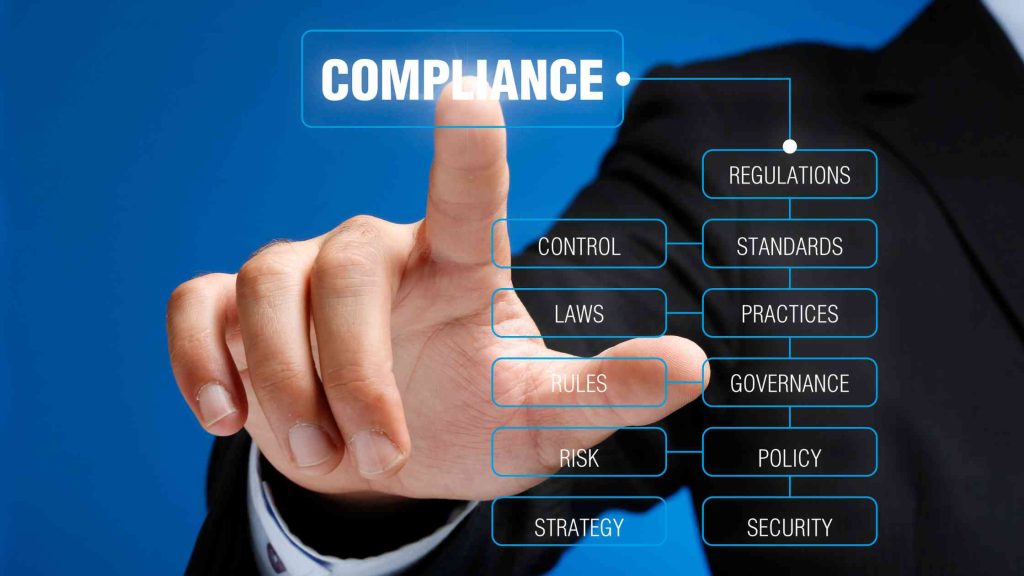Cloud ERP systems have become essential for modern-day businesses, helping them to streamline and optimize their operations. One of the lesser-known benefits of ERP systems is that they can help companies improve their compliance.
You may have wondered how an ERP improves adherence. An ERP can be confusing if you don’t know what it is. The truth is that an ERP increases your data’s visibility, security and traceability.
Features
Centralized Data Management
An ERP system centralizes a company’s data into a single database. Data is stored in one location, and users can access it in real-time. Centralized data management eliminates the need for disparate systems and spreadsheets, reducing the risk of errors and inconsistencies in data. ERP systems make it easy for all departments within an organization to access the same data. This makes it easier to share compliance-related information quickly and easily.
Improved Tracking and Reporting
An ERP system provides a comprehensive overview of all business operations, making tracking and reporting compliance-related activities easier.
For instance, an ERP system can track inventory levels and alert the organization when stocks fall below the minimum. This way, businesses can comply with regulations requiring minimum inventory levels. Additionally, an ERP system can produce reports that detail how the organization is complying with regulations, providing visibility into compliance-related activities.
Automated Processes
ERP systems can automate many regulatory-related processes, such as quality control checks, inspections, and audits. Automating these tasks makes it easier for companies to ensure consistency and accuracy. It helps to avoid errors and keep compliance-related jobs on schedule.
Real-Time Monitoring
An ERP system allows businesses to monitor compliance-related activities in real time. For example, an ERP system can alert the organization when a shipment fails to meet a regulatory requirement, allowing the business to take corrective action immediately. Real-time monitoring helps companies to identify compliance-related issues before they become crucial problems, reducing the risk of penalties, fines, and damage to the company’s reputation.
Enhanced Security
An ERP system provides enhanced security for compliance-related data. The system can restrict access to sensitive data, ensuring that only authorized persons can view and edit it. Additionally, an ERP system can provide an audit trail of all changes made to compliance-related data, enabling the organization to track who made the changes and when.
Scalability
As businesses grow, their compliance requirements become more complex. An ERP system can scale to meet the changing needs of a growing organization, ensuring that compliance-related activities remain efficient and effective. This scalability also ensures that businesses can comply with new regulations and standards.
In conclusion, an ERP system is a valuable tool for improving compliance for a company. By centralizing data management, improving tracking and reporting, automating processes, providing real-time monitoring, enhancing security, and offering scalability, an ERP system helps businesses to comply with regulations, laws, and industry standards. By investing in an ERP system, companies can improve compliance-related activities and reduce the risk of penalties, fines, and damage to their reputation.

Vijay comes with a vast experience in ERP and enterprise solutions space with about 20 years of experience in various packaged application like Acumatica, SAP, Orion, Salesforce.com, SugarCRM and, SalesLogix.

